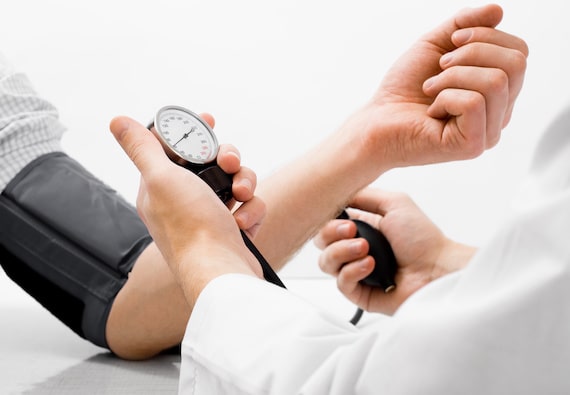Untreated snoring and sleep apnea is dangerous. When these conditions go untreated, they can lead to a variety of comorbidities that include a number of health conditions. From increased risk of cardiovascular disease to diabetes, comorbidities of sleep apnea are nothing to be ignored. To help you gain a better understanding, here are a few health problems linked with sleep apnea:
Heart Disease
Sleep apnea can lead to heart attacks, which cause people to die in the middle of the night due to low oxygen. Low oxygen levels can lead to internal body stresses that overwhelm the cardiovascular system. As you might know, heart disease is the leading cause of death in America, while stroke takes fourth place for the cause of death and a leading cause of disability. High blood pressure, as well, is a major risk for both stroke and heart attacks. The relationship between sleep apnea, hypertension and cardiovascular disease is very strong, which makes it vital that everyone understand this connection and seek treatment immediately.


High Blood Pressure
Obstructive sleep apnea (OSA) can contribute to high blood pressure in people who have it due to the frequency of waking up at nighttime. Because of this, hormonal systems go into overdrive, which results in high blood pressure levels. The sudden drops in blood-oxygen levels that occur during sleep apnea episodes increase blood pressure and place a strain on your cardiovascular system.

Type 2 Diabetes
People suffering from Type 2 diabetes will often also suffer from sleep apnea, which can also lead to obesity. In addition to obesity, diabetes and sleep apnea share a long list of other potential complications, including high blood pressure, cardiovascular disease, changes in glucose metabolism and weight control problems.
While treating sleep apnea is important in getting a good night’s sleep, treatment can also help treat and maybe even eradicate many other diabetic complications.
Obesity
As mentioned above, obesity is a leading cause and side effect of sleep apnea. By adding on weight, it raises the risk of sleep apnea, while losing weight can help cure sleep apnea. When people are severely overweight, they can fail to breathe rapidly enough or deep enough. When this occurs, it results in low blood oxygen levels and high blood carbon dioxide levels. And when this happens, many people who are obese stop breathing altogether for short periods of time during sleep. In return, this places an extreme strain on the heart, which can lead to symptoms of heart failure.

Here at Novi Oaks Dental Sleep & TMJ, we are committed to helping people treat this condition and achieve quality, restorative sleep. If you think you or a loved one is suffering from sleep apnea, please reach out to our office to schedule an appointment. We can provide non-invasive solutions for disruptive snoring. By wearing a special mouthguard-like oral appliance during sleep, many people are able to reduce or eliminate their snoring and prevent apnea events from occurring.

